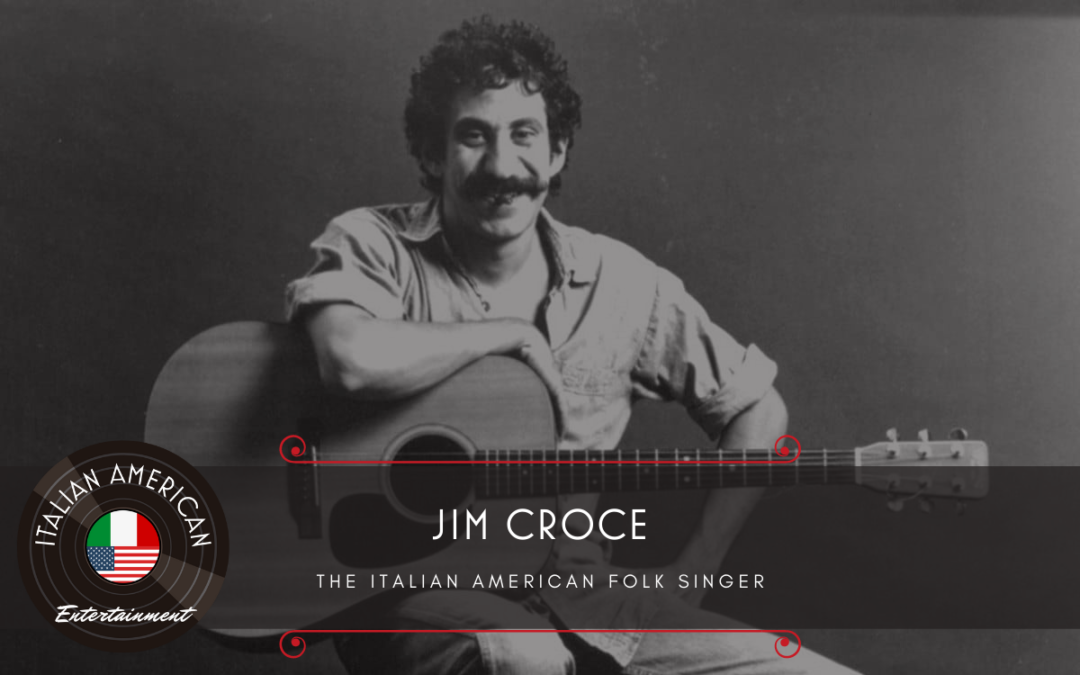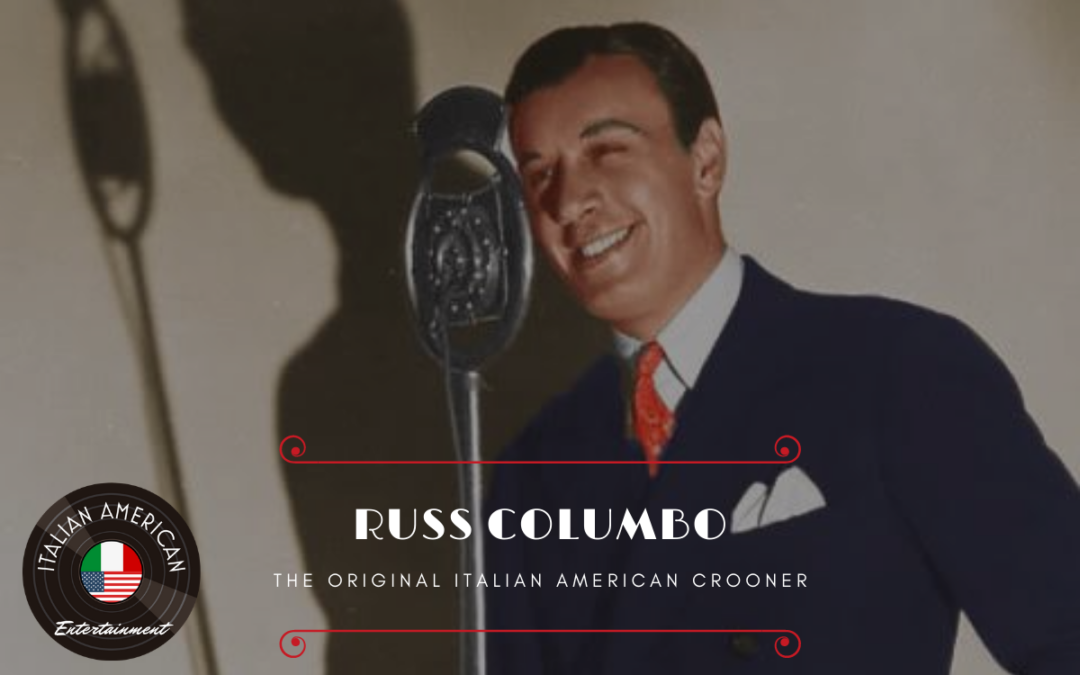
Jim Croce – The Italian American Folk Singer
In 2015, my band performed at the San Diego Italian Festival. A few months before the festival, I received an email from Ingrid Croce, the wife of Jim Croce. I was amazed to get an email from her, and I was even more amazed that she wanted us to perform at her restaurant “Croce’s Park West” while we were in town. While I had grown up listening to Jim Croce’s music, I never knew he was Italian until speaking with Ingrid. While he didn’t write Italian music, you can definitely feel the deep emotional and romantic elements in his music like in traditional Italian music. With songs like “Operator” and “Time In A Bottle,” he definitely knew how to tug on the listener’s heartstrings. It was an honor to perform in their restaurant, and I wanted to share a little bit about Jim’s career and life.
On January 10, 1943, James Joseph Croce was born in South Philadelphia, Pennsylvania, to James Albert Croce and Flora Mary (Babusci) Croce, both Italian Americans from Abruzzo and Palermo, Sicily. Croce grew up in Upper Darby, Pennsylvania.
Croce did not take music seriously until he attended Villanova University. In addition to being a member of the Villanova Singers, he formed bands and performed at fraternity parties, coffee houses, and universities around Philadelphia. In 1963, Croce met his future wife, Ingrid Jacobson, and from the mid-1960’s to early 1970s, they performed music together as a duo. They spent a few years on the road, playing small clubs and college concerts, but living the life as traveling musicians took its toll on the duo and they decided to settle back down in Pennsylvania.
It wasn’t until 1971, the year their first child was born, that Croce decided he wanted to try again to make music his profession. In 1972, Croce signed a three-record contract with ABC Records, releasing You Don’t Mess Around With Jim and Life and Times. He received radio airplay and began appearing on T.V., performing his singles “You Don’t Mess Around With Jim”, “Operator (That’s Not The Way It Feels)” and “Time In A Bottle.”
Croce was traveling promoting his new albums, when on September 20, 1973, Croce and 5 others were killed in a plane crash leaving a concert in Louisiana. This was one day before the release of his single “I Got A Name.” Croce was only 30 years old. It is amazing to think about the other hits Croce could’ve written if he wasn’t’ taken at such a young age.
Croce’s music has inspired many musicians and his legacy lives on with his son A.J Croce. Not only does A.J perform his own original music, but also does a tribute show called Croce Plays Croce where he performs his father’s music.
See below for a video of his son A.J Croce and his show Croce Plays Croce.



